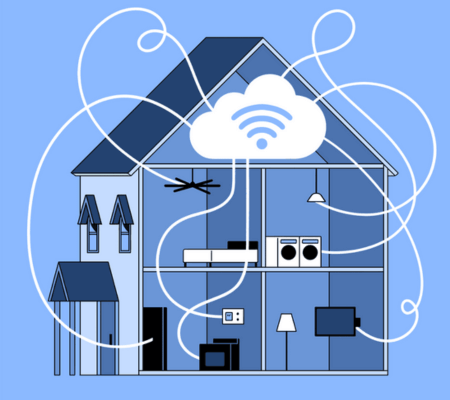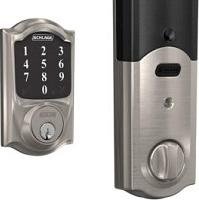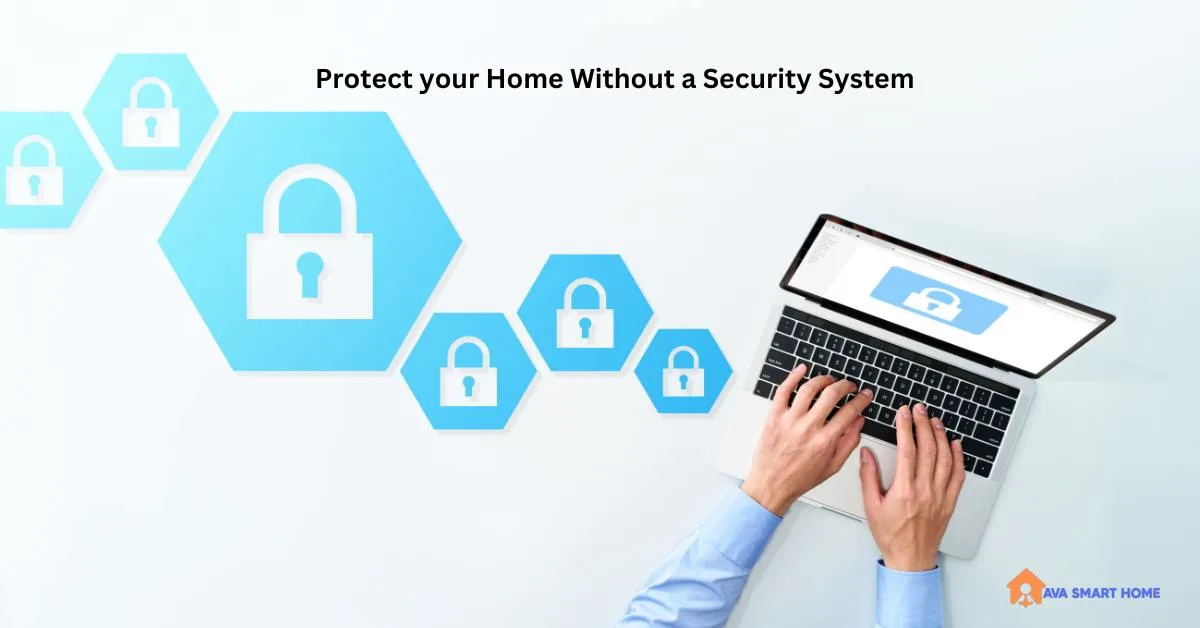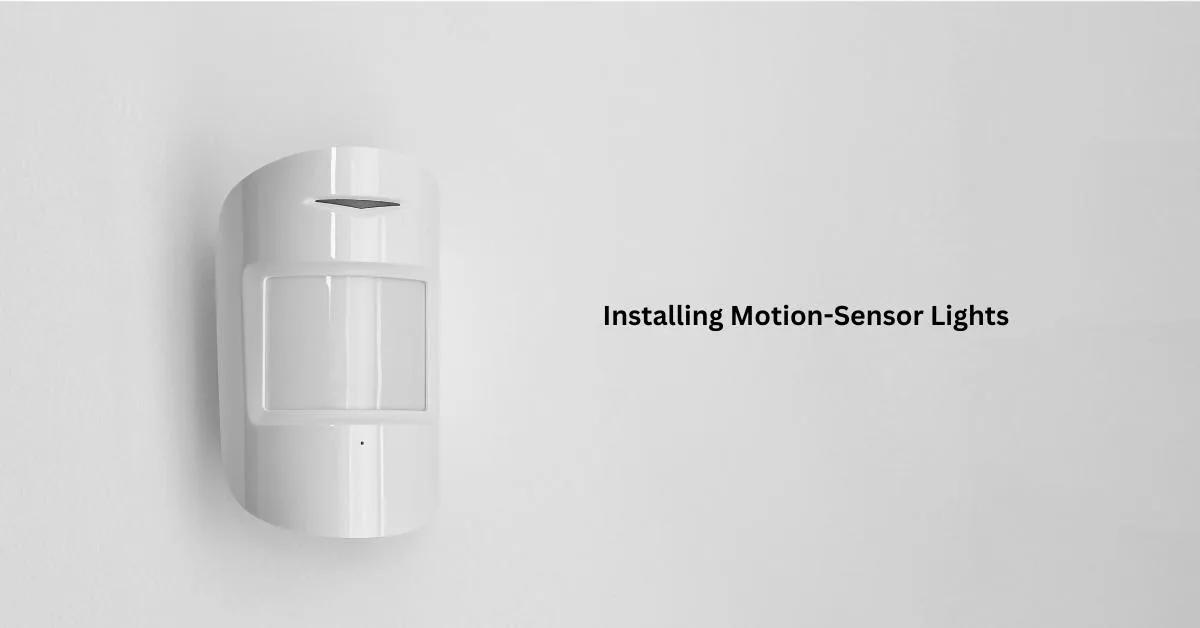Welcome to our blog, where we unravel the mysteries of home security and show you how to protect your most precious asset without a security system! Many homeowners believe investing in an expensive alarm system is the only way to keep their homes safe. But what if we told you there are alternative methods that are just as effective, if not more?
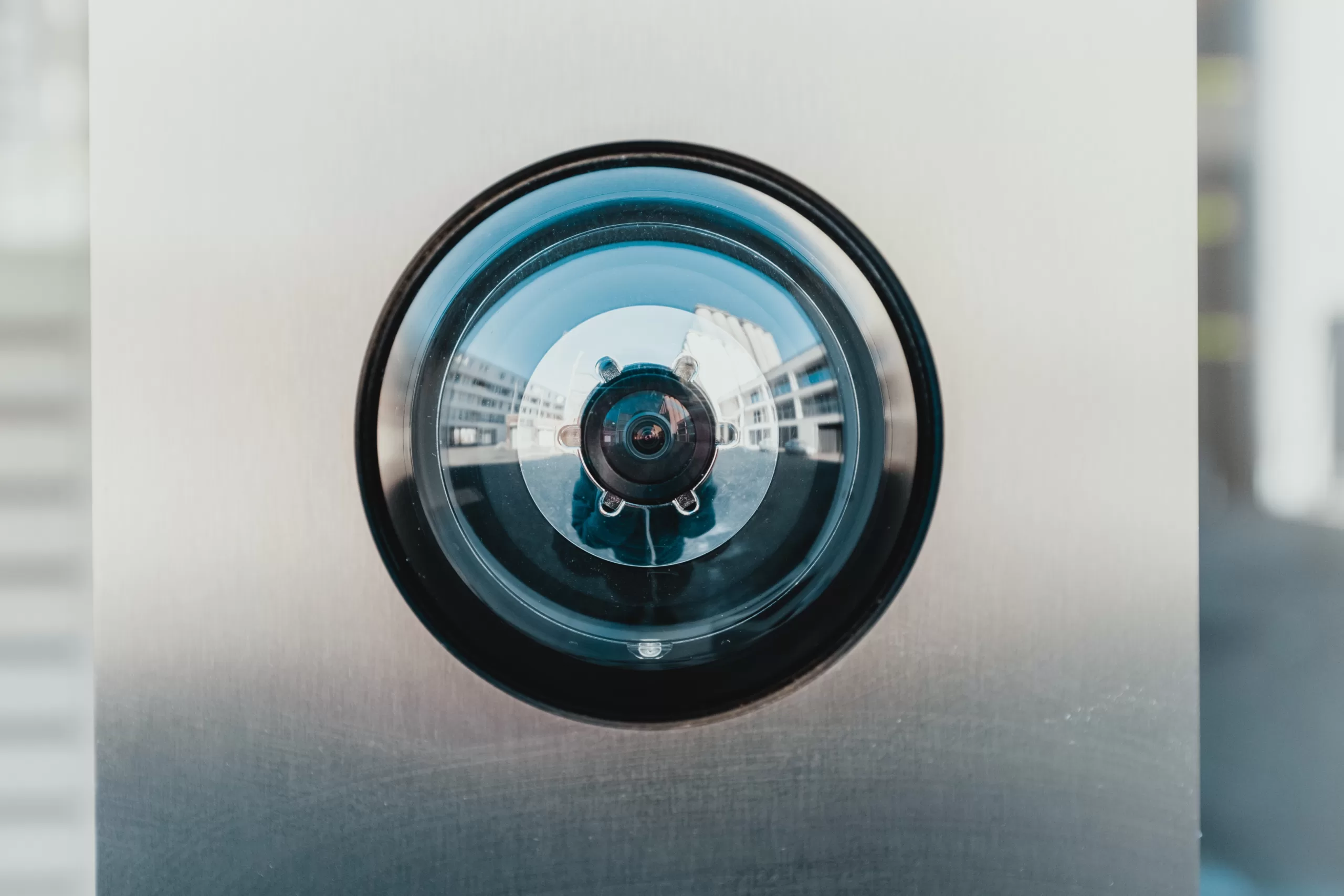
This article will debunk common myths about home security systems and provide practical tips on fortifying your castle without breaking the bank. So, let’s dive in and discover the ingenious ways to safeguard your home from break-ins!
Table of Contents
ToggleCommon Myths About Home Security Systems
When it comes to home security, many misconceptions can lead homeowners astray. Let’s debunk some of the common myths about home security systems.
Myth #1: “I live in a safe neighborhood, so I don’t need a security system.”
While living in a safe neighborhood is certainly an advantage, crime can happen anywhere. Burglars often target homes in seemingly secure areas precisely because they assume residents will be less vigilant with their home security measures. Don’t let complacency put your home at risk.
Myth #2: “Security systems are too expensive and complicated.”
Contrary to popular belief, home security systems come in various price ranges and levels of complexity. From basic DIY options to professional installations, there is something for every budget and comfort level. Additionally, technological advancements have made these systems easier to use and manage.
Myth #3: “A big dog is enough to deter burglars.”
While having a large dog may be intimidating for potential intruders, it should not be relied upon as the sole means of protecting your home. Dogs can be bribed or easily distracted by treats or toys. A comprehensive security plan should include multiple layers of defense.
Myth #4: “Burglaries only happen when no one is home.”
Contrary to popular belief, burglaries often occur during daytime hours when homeowners are away at work or school. However, break-ins at night do happen too! Protecting your house around the clock is important, so implement effective security measures both day and night.
By dispelling these common myths about home security systems, you can make informed decisions regarding protecting your most valuable asset – your family’s safety and peace of mind.
Get: Google Smart Home Bundle with Camera: The Ultimate Home Security Solution
The Importance of Home Security
Securing your home is not just about protecting your valuables; it’s about safeguarding the well-being and peace of mind of you and your loved ones. Break-ins can leave lasting emotional scars, as well as financial losses. That’s why it’s crucial to prioritize home security.
A secure home acts as a deterrent, making potential intruders think twice before attempting a break-in. It also provides a sense of safety for you and your family, allowing everyone to sleep peacefully at night.
Get: 5 Best Smart Home Controlling System
In addition to preventing burglaries, home security measures can also help in emergencies such as fires or medical emergencies. Early warning systems like smoke detectors and carbon monoxide alarms are essential tools for keeping your household safe.
Investing in home security shows that you value yourself and those around you. It demonstrates that you are proactive in creating a safe environment where everyone can thrive without fear or anxiety.
Remember, no one wants to become a victim of crime. By protecting your home, you are taking control of your security and sending a clear message that trespassers are not welcome.
Ensuring the safety of our homes should be an ongoing priority for all homeowners. Don’t wait until something happens; start implementing preventative measures today!
Related: Are Blink Cameras Compatible with Google Home?
Tips for Securing Your Home Without a System
1. Strengthening Door and Window Locks:
One of the easiest ways to secure your home without a security system is by ensuring all your doors and windows have sturdy locks. Invest in deadbolt locks for your exterior doors, as they are more resistant to break-ins than regular locks. For added protection, reinforce weak points, such as sliding glass doors, with bars or dowels.
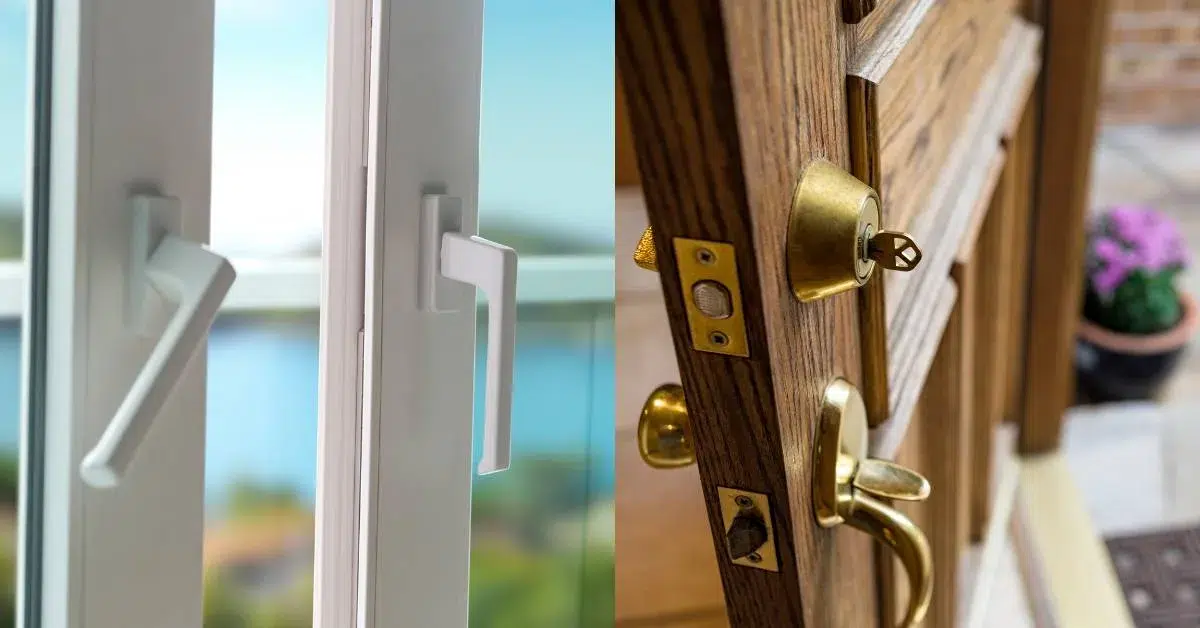
2. Installing Motion-Sensor Lights:
A well-lit exterior can be a deterrent for potential burglars, so consider installing motion-sensor lights around your property. These lights will automatically turn on when they detect movement, shining a spotlight on any suspicious activity near your home. This not only scares away intruders but also alerts you if someone is approaching.
3. Utilizing Smart Home Technology:
With advancements in technology, there are now numerous smart devices available that can enhance the security of your home without the need for a full-fledged security system. Install smart doorbells with built-in cameras that allow you to see who is at your doorstep remotely through an app on your phone. You can also use smart plugs to control lighting remotely and give the impression that someone is always home.
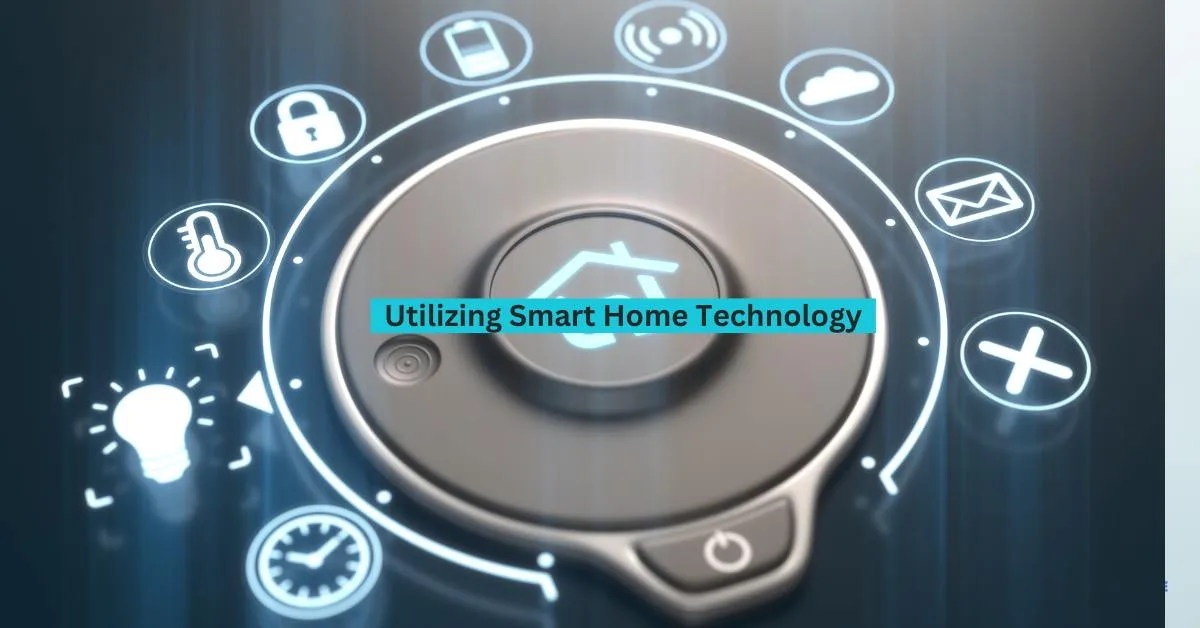
4. Getting to Know Your Neighbors:
Building strong relationships with neighbors can greatly improve the safety of your neighborhood and ultimately protect your house from break-ins. Look out for each other’s homes by keeping an eye out for any suspicious activity or unfamiliar vehicles in the area.

5. Neighborhood Watch Programs
Neighborhood Watch Programs have proven to be an effective way to enhance home security and build a sense of community. These programs bring neighbors together to look out for one another, creating a strong network of vigilant residents who can deter criminals and prevent break-ins.
By participating in a Neighborhood Watch Program, you gain access to valuable resources and information about local crime trends. This knowledge allows you to stay informed and take proactive steps toward protecting your home. You can also collaborate with law enforcement agencies, receiving training on how to spot suspicious activities and report them promptly.
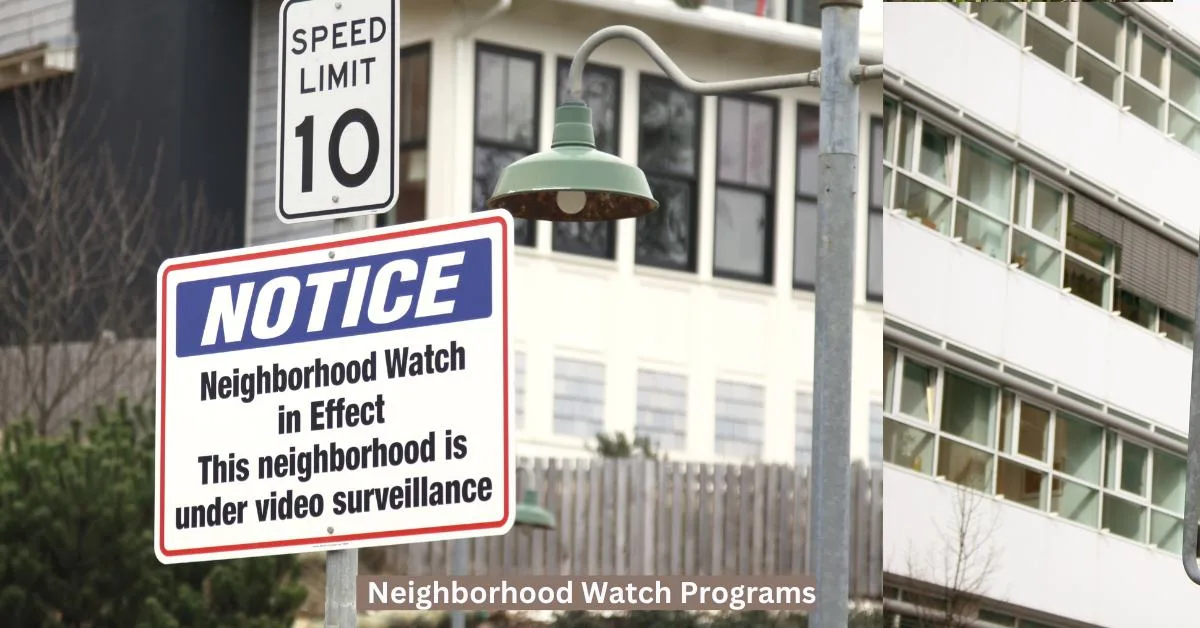
In addition to the practical benefits, Neighborhood Watch Programs foster a strong sense of unity among neighbors. When everyone is involved in keeping the neighborhood safe, it creates an environment where people feel connected and supported. Neighbors become familiar faces rather than strangers, making it easier to recognize when something is amiss.
To start or join a Neighborhood Watch Program in your area, reach out to your local police department or community organization for guidance. They can provide you with the necessary tools and resources needed to establish an effective program in your neighborhood.
6. Creating a Safety Plan for Emergencies
Emergencies can happen at any time, so it’s crucial to have a safety plan in place to protect your home and family. Here are some important steps you can take to create an effective emergency preparedness strategy.
First, identify potential risks and hazards in your area. Are you prone to natural disasters like hurricanes or earthquakes? Or do you live in an urban environment with higher crime rates? Understanding the specific threats will help you tailor your safety plan accordingly.
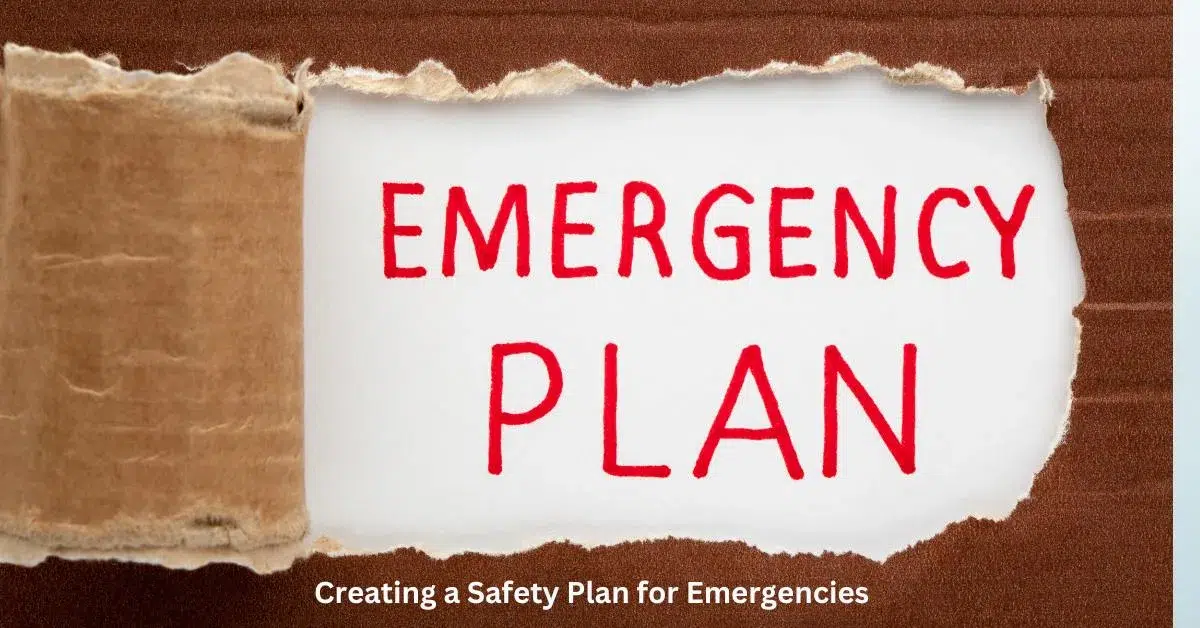
Next, establish clear communication channels. Make sure everyone in your household knows how to contact each other during emergencies. Designate a meeting spot outside of the home where everyone can gather if evacuation is necessary.
Additionally, assemble an emergency kit with essential supplies such as non-perishable food, water, flashlights, batteries, and first aid items. Keep this kit easily accessible, and regularly check the expiration dates of perishable items.
Furthermore, familiarize yourself with local emergency resources, such as shelters or community centers, that may assist in crises. Knowing where to go for help can greatly alleviate stress during challenging times.
Practice drills regularly with your family members so that everyone knows what to do when disaster strikes. Conduct fire drills or simulate power outages so that reactions become second nature.
By creating a comprehensive safety plan for emergencies and involving everyone in the household in its implementation, you will be better equipped to handle unexpected events and safeguard your home and loved ones.
Conclusion: How to Protect Your Home Without a Security System?
Protecting your home from break-ins is a top priority for any homeowner. While security systems can be effective, they are not the only solution. By implementing some simple and affordable measures, you can significantly enhance the security of your home without relying solely on a security system.
Remember that myths about home security systems should not deter you from taking proactive steps to protect your house. The truth is, that burglaries can happen to anyone, but with the right precautions in place, you can greatly reduce the risk.
Start by strengthening your door and window locks. Reinforcing these entry points will make it much more difficult for intruders to gain access to your home. Consider installing motion-sensor lights around the perimeter of your property as well. These lights will discourage potential thieves by illuminating their movements and making them feel exposed.
Utilizing smart home technology is another effective way to secure your house without a system. Smart locks, video doorbells, and surveillance cameras allow you to monitor and control access remotely through your smartphone or other devices.
Don’t underestimate the power of getting to know your neighbors, either! Building strong relationships with those who live nearby creates a sense of community watch where everyone looks out for one another’s safety.
Consider joining or establishing a neighborhood watch program if it is available in your area. These programs bring residents together and provide an organized effort against crime while fostering camaraderie among neighbors.
Create an emergency safety plan for unforeseen situations, such as fires or natural disasters. Knowing how to react quickly during emergencies can save lives and minimize damage.
Finally, home security goes beyond just having a traditional alarm system installed; it involves adopting multiple layers of protection tailored specifically to your needs. By incorporating these tips into securing your home without solely relying on a security system, you’ll have peace of mind knowing that you’ve taken proactive steps towards safeguarding what matters most—your loved ones and belongings—from potential break-ins. Stay vigilant, stay safe!

